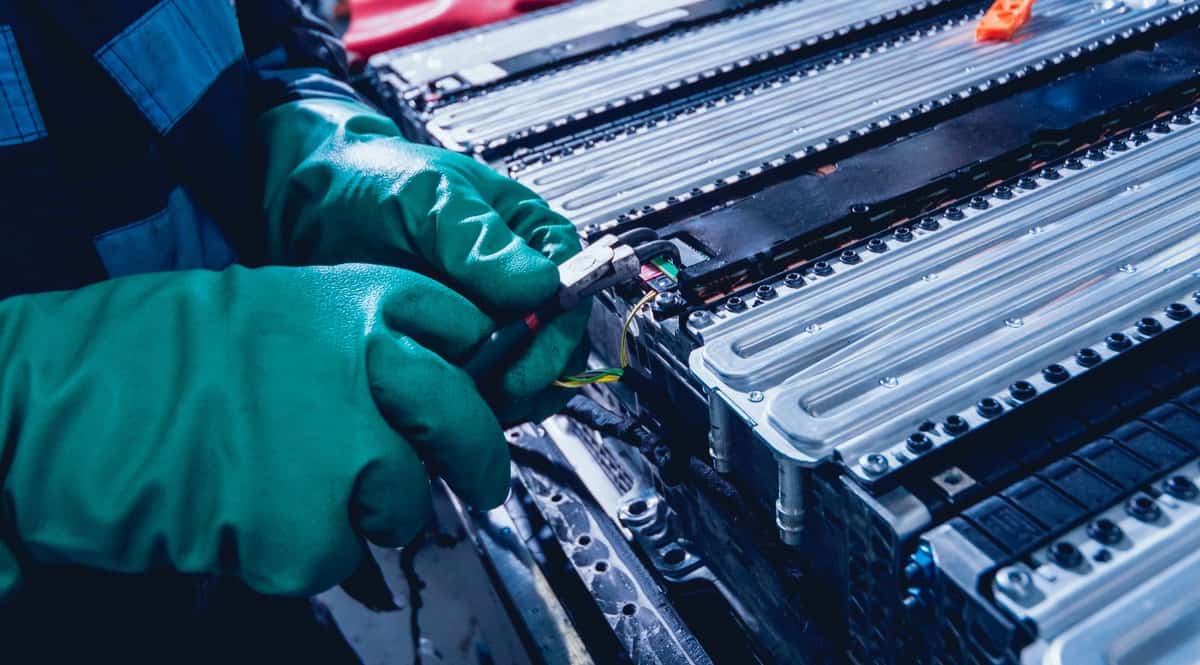The cost of the lithium-ion batteries critical to the electrification of motoring increased for the first time in more than a decade.
Battery prices fell consistently from 2010, from over $1000 per KWh in 2010 to $132 per kWh in 2021. However, a special report by the news agency Bloomberg highlighted the first significant increase through 2022.
Annual lithium-ion battery price survey by BloombergNEF
Its yearly BloombergNEF lithium-ion battery price survey reports a 7% increase in the cost of battery packs in 2022.
Notably, this was partly triggered by growing battery demand worldwide and due to raw materials cost, according to Drive.
Bloomberg says that multiple factors are driving the uptick. However, the most important one is increasing materials costs, including lithium, cobalt, and nickel.
While cobalt and nickel costs have reduced in recent months, and it might be lithium’s turn, each remains higher than they have been in the past years.
In addition, it was noted that the increasing popularity of lithium-ion phosphate (LFP) batteries, which Bloomberg said could amount to 40% of electric vehicle’s global sales this year.
It is worth noting that they’re quickly gaining in popularity due to them not containing cobalt or nickel.
Research for the yearly survey included buyers and sellers of lithium-ion batteries used for buses, stationary storage, and passenger and commercial vehicles.
The global average price for the battery pack in an electric passenger vehicle is $138 per kWh, with the lowest cost at $131 for commercial vehicles and e-buses in China.
Furthermore, battery packs were cheapest in China, with costs rising by 24% in the US and 33% in Europe.
Lithium-ion battery costs to remain high in 2023
Bloomberg forecasts lithium-ion battery prices to remain high next year, with a possible fall in 2024 due to an increased supply of raw materials and the arrival of next-gen technologies and pack design.

